It’s been a bruising time for what’s left of our faith in politicians.
Boris Johnson’s downfall came only after a catalogue of damaging revelations – any one of them enough to sink a PM in saner times.
And now the Tory leadership race has descended into blue-on-blue fighting between the candidates vying to replace him. Which all begs the question: if they think that little of one another, what are the rest of us supposed to make of them?
The danger, of course, is that we, the public, tar every politician with the same brush and decide democracy is a bust. A plague on all their houses.
But locally it’s been a week for remembering that the public servants who make the biggest difference are seldom the ones who make the biggest noise.
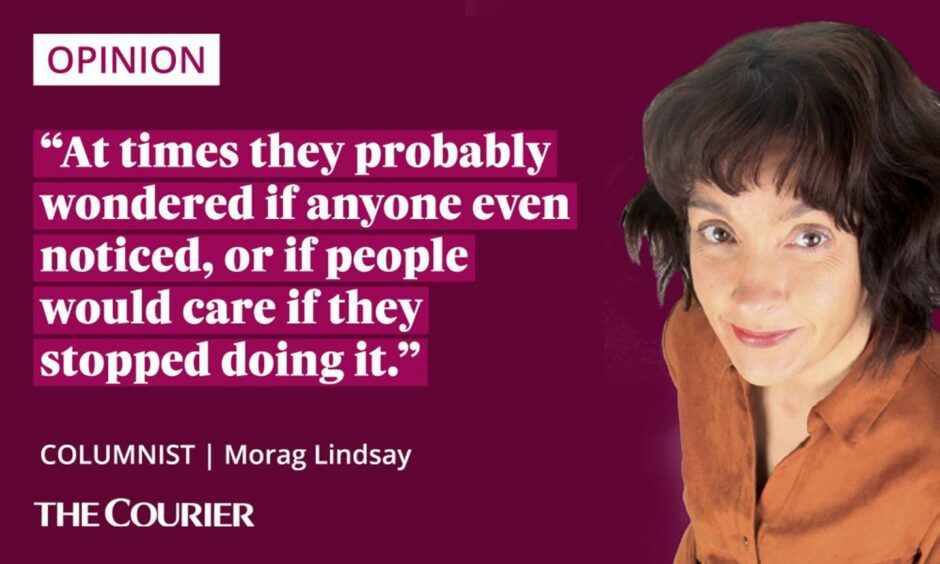
And for all we like to focus on the Mother of Parliaments, the democracy that most affects our daily lives is often done in draughty halls by people with no interest in climbing the greasy pole or commandeering the headlines.
And there’s goodness there. Thank goodness.
Harry is still aiming high
I’m talking about people like Crieff community council chairman Harry Thomason, whose story we told on Friday.
Harry, 74, has cancer. It’s incurable. But he’s having chemotherapy and he is determined to tick as many goals as possible off his bucket list while he still can.
One of those ambitions was to sit at the top of the Knock, the hill behind Crieff Hydro, one more time and take in the views of Strathearn, where he’s spent his entire life.
I walked round the Knock a few months ago. It’s a modest wee hill with well-tended paths. But it’s a step too far for a man whose cancer has spread to his lungs.
And so locals figured it was time to repay Harry for the great many favours that he’s done for the town over the years and arranged for staff from the Action Glen activity centre to drive him to the summit.
Democracy starts with local heroes
Harry is probably quite typical for a community council member.
He’s lived in Crieff all his life, went to primary and secondary school in the town and farmed locally.
For the past four years he has chaired the Crieff group, where – among other achievements – he has dealt with potholes, fought for a 20mph sign outside the high school, and managed to get grit bins and traffic lights installed.
This is not the stuff that catapults people into the limelight. And while community councils are sometimes (unfairly) regarded as the fag end of democracy in Scotland, they serve a valuable function as a bridge between local people and the local authority.
They’re a forum for considering local planning applications and airing complaints about dog mess and bins shortages. The kinds of issues that might seem petty, but in actual fact have an outsized bearing on people’s lives.
In some places they’re thriving.
In a lot of places they’re reliant on a handful of worthies – often the same people who prop up the gala committee, the in bloom committee, the pensioner’s association committee…
Often we only hear about them when they’re appealing for new members to prevent the group from folding.
But they get stuff done. And we’d all be worse off without them.
As Harry’s friend Tina McRorie put it after his hilltop treat: “If people need something doing they come to Harry.
“He has done so much for the town that it was nice to give something back to him.”
‘Exactly what you’d want in a politician’
The next step up the democracy ladder is the local council.
They’re the ones who vote on the planning applications that the community council has scrutinised – and decide what to do about all those potholes and litter bins that are driving people mad.
It’s not glamorous either. There are very few household names here.
But they’re made up of people like Henry Anderson, who represented the Almond and Earn ward on Perth and Kinross Council until he caught Covid-19 and died in 2020.
I remember the fond tributes to Henry at the time of his death. People spoke about his hard work, optimism and his commitment to standing up for what he believed in.
And now locals in his home town of Bridge of Earn are raising funds for a bench in his memory.
Resident Mairi Maclennan explained why: “He was a great man who did a lot for the community and was exactly what you’d want in a politician.
“He was more than that though, he was also a friend to everyone. Henry was a man of his word.”
Democracy is thriving at local level
This is not democracy on the grand stage. But it’s public service as it should be done.
Harry and Henry poured their hearts into their communities.
They did the hard yards. They didn’t seek publicity. At times they probably wondered if anyone even noticed, or if people would care if they stopped doing it.
But people did care. And they are finding ways to show their gratitude.
And in these dark days for democracy that makes me feel a little bit better.
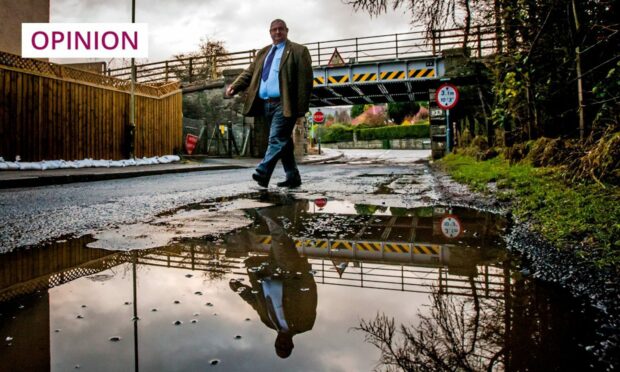
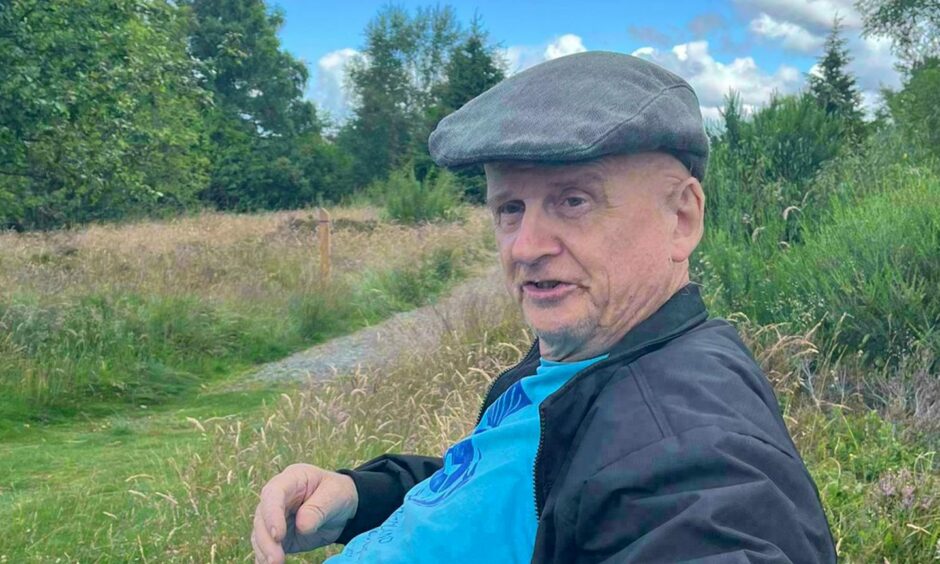
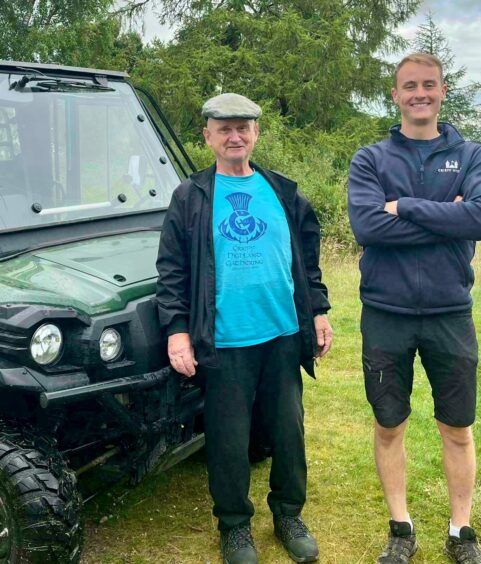
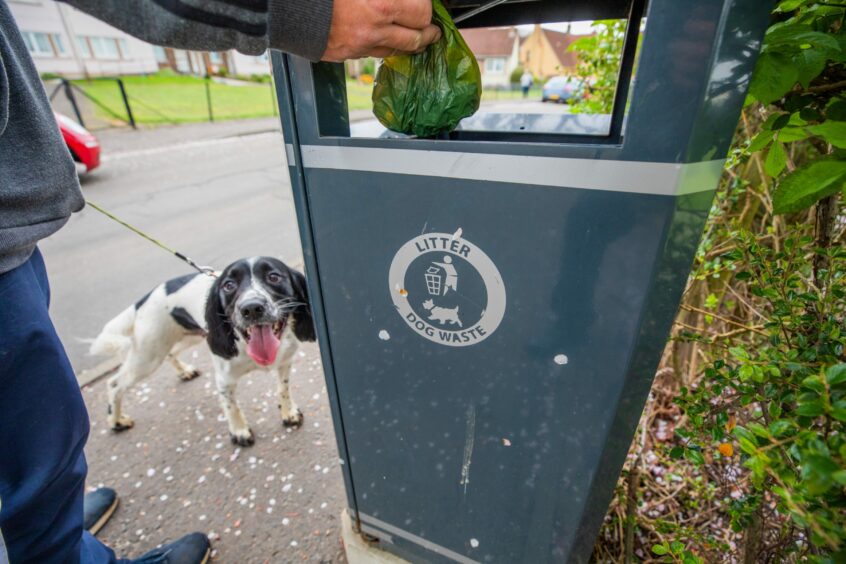
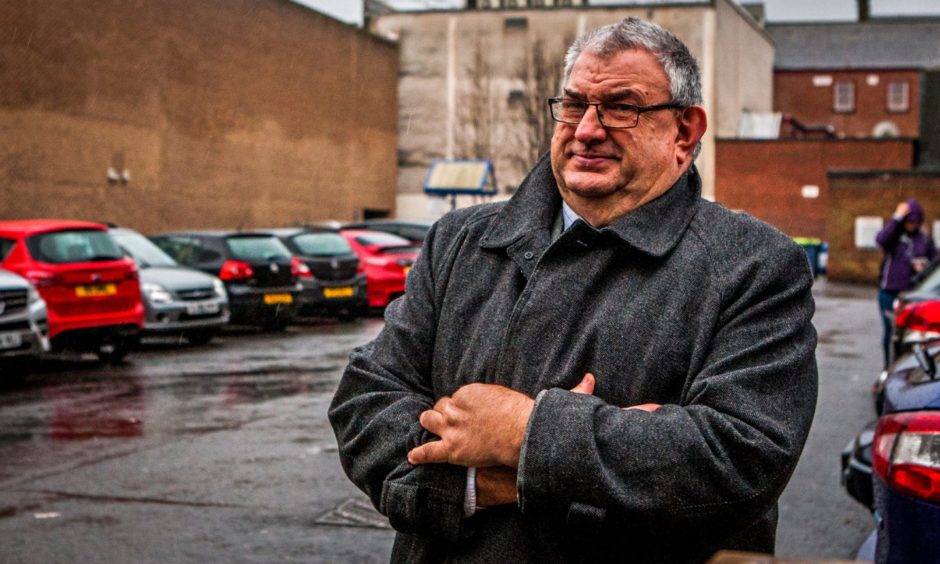
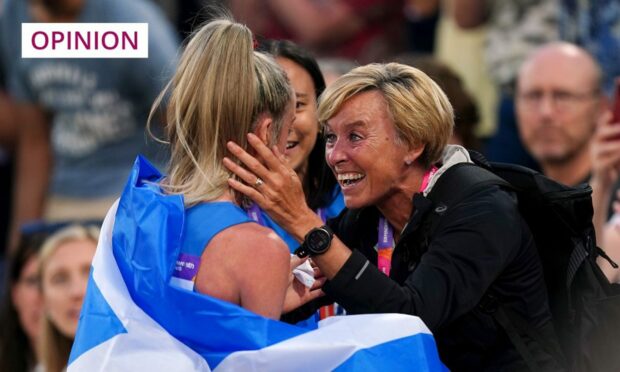
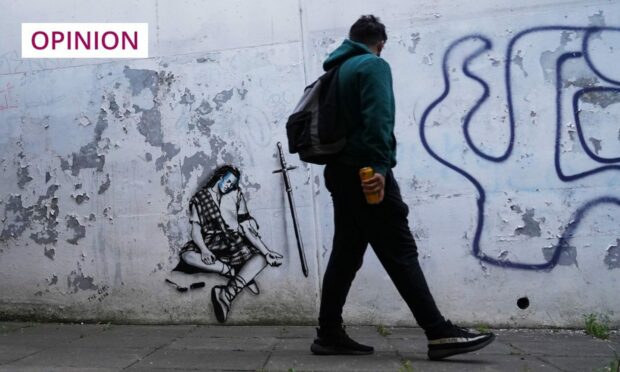
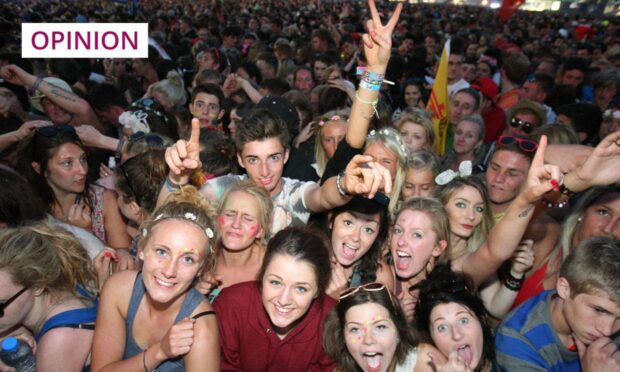
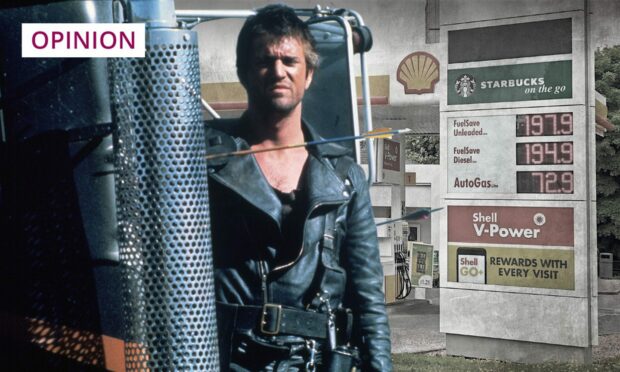
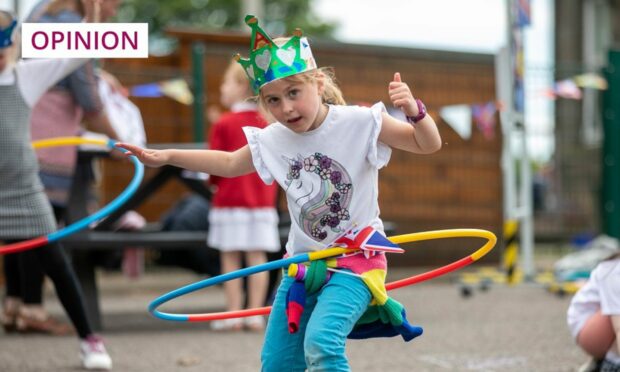










Conversation